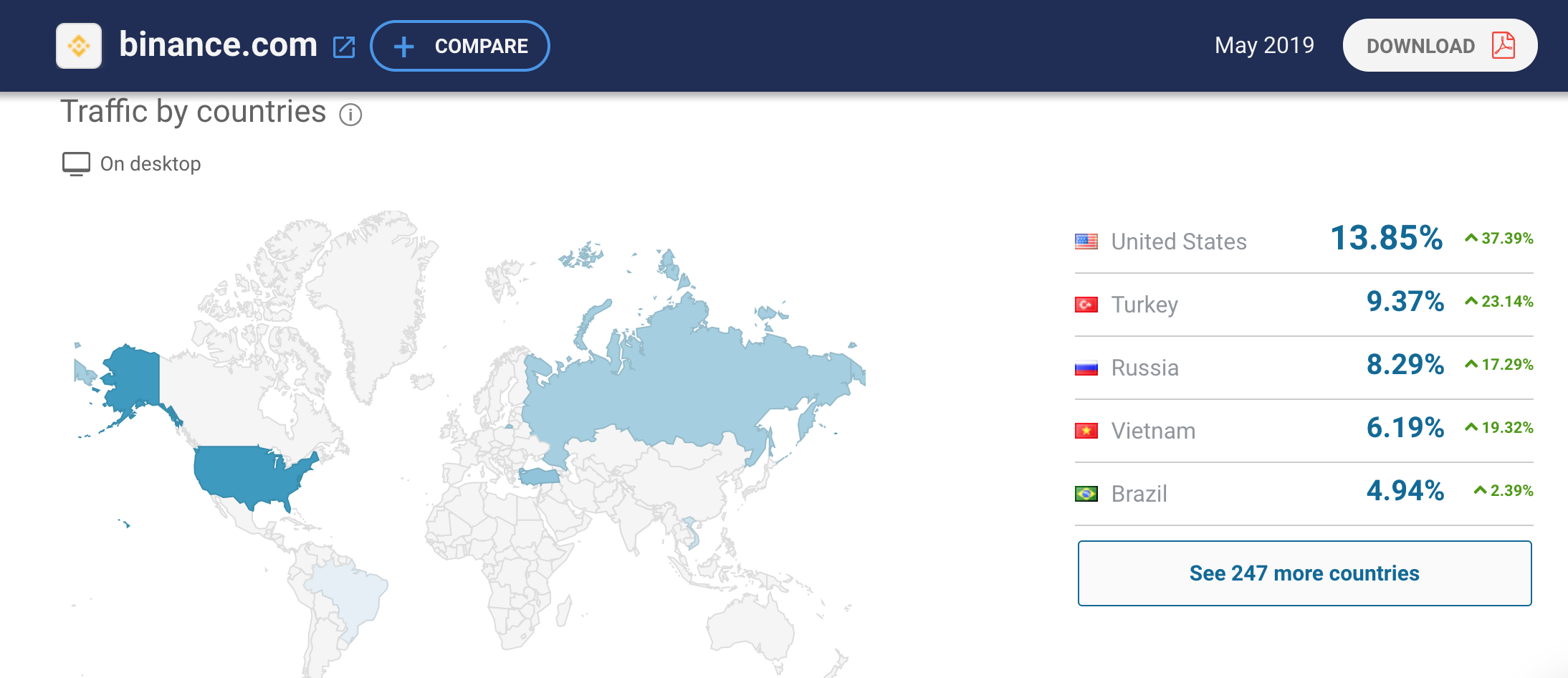Why Americans Need To Focus On DEX Liquidity - Right Now

Share this article
In the past two months Binance, Poloniex, Bittrex, and Bancor have all decided to exclude U.S. customers from using parts of their exchange services due to regulatory concerns. Other exchanges, such as BitMEX and Bitfinex, have been blocking US customers since 2017.
The decision to ban U.S. customers from Bancor is especially troubling, since the platform’s slogan touts how “decentralized” it is.
Among the key advantages of a decentralized exchange are the fact that they can be non-custodial and can operate worldwide with uncensored access; but Bancor seems to have missed the second value proposition. Claiming decentralization and then banning a geographic area of your customer base is well…. centralized, censorship, and an oxymoron.
That’s not a criticism: the crypto facts of life are painful, and regulation is slow. But it’s gathering pace, and for some altcoins, liquidity is likely to be a casualty of the process.

Binance, the most liquid altcoin exchange in the world, has given U.S. users until September 12th to trade and deposit on their platform. After that customers will be limited to accessing only their wallets and funds, as Binance seeks to develop an exchange that will comply with jurisdictional regulation.
So, U.S. customers may need to either sell certain altcoins before September 12th or take them out and find somewhere “American-friendly” to trade them.
Nearly 15% of Binance’s customers are from the United States, and banning U.S. customers from using the most liquid exchanges in the world will have effects that will reverberate globally.

The effects of a reduction in altcoin liquidity
- More demand for Bitcoin and more centralization among larger cap coins
- Less access and liquidity for altcoins, potentially resulting in a price decrease
- A rush to decentralized exchanges and a need for liquid DEXs that pool liquidity and have a focus on exchange interoperability
It’s clear that centralized exchanges are having difficulty operating within the U.S. government’s evolving regulatory framework, and as a whole, US customers may be forced to sell their altcoins into assets such as Bitcoin and Ethereum.
After September, American investors (and by extension, investors around the world) will have less liquid markets for their altcoins, and leading up to that date, many investors may choose to exit their altcoin positions altogether to avoid the risk of holding illiquid coins.
The answer for many Americans will be using *real* decentralized exchanges. The peer-to-peer, decentralized, non-custodial, and uncensorable nature of these exchanges put them in a regulatory loophole that makes it difficult for the government to shut down.
While we have focused heavily on other factors that have driven the price of Bitcoin lately, it’s likely that altcoin illiquidity means there will be capital flight into Bitcoin and other large caps. The fact that Ethereum has also out-performed the market recently suggest this may be a factor in the expansion of these large-cap values.
It’s impossible to forecast the full effect of Binance’s withdrawal of services from U.S. users in anticipation of a more regulated offering, but American altcoin investors need to set their sights on knowing more about decentralized exchanges to serve their needs going forward.
Share this article
